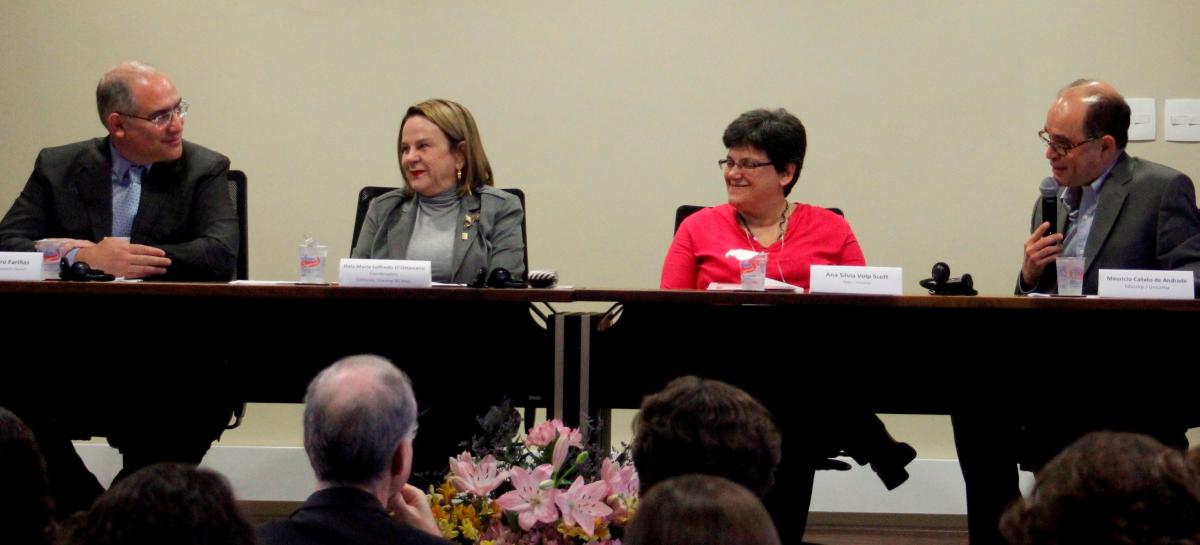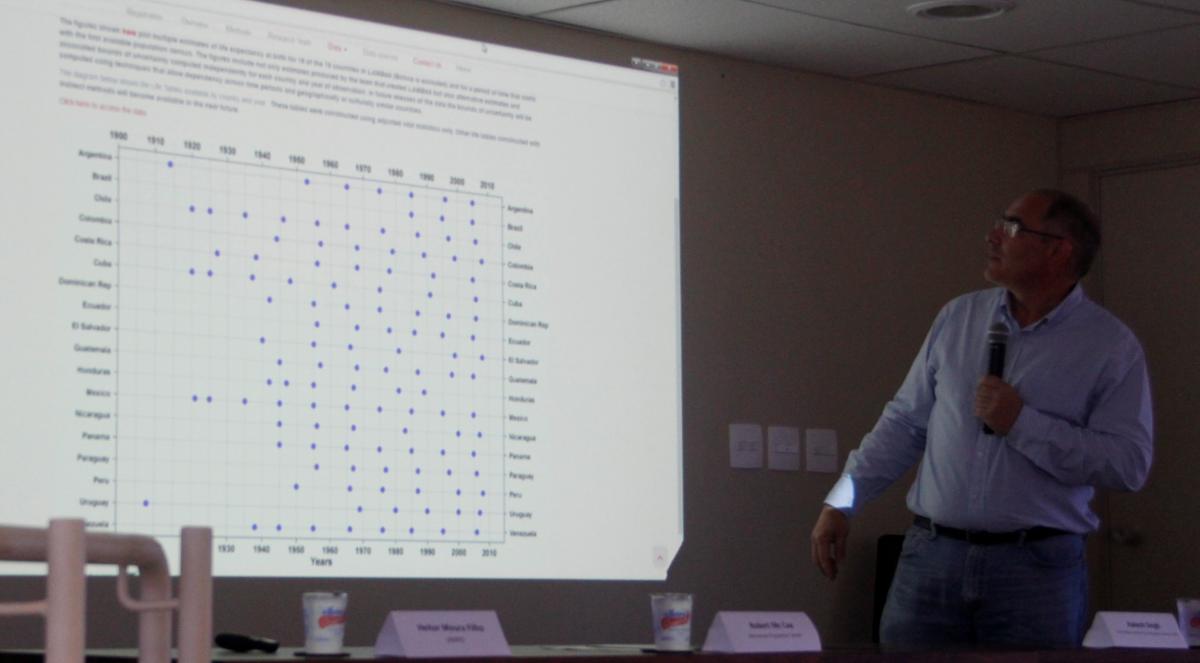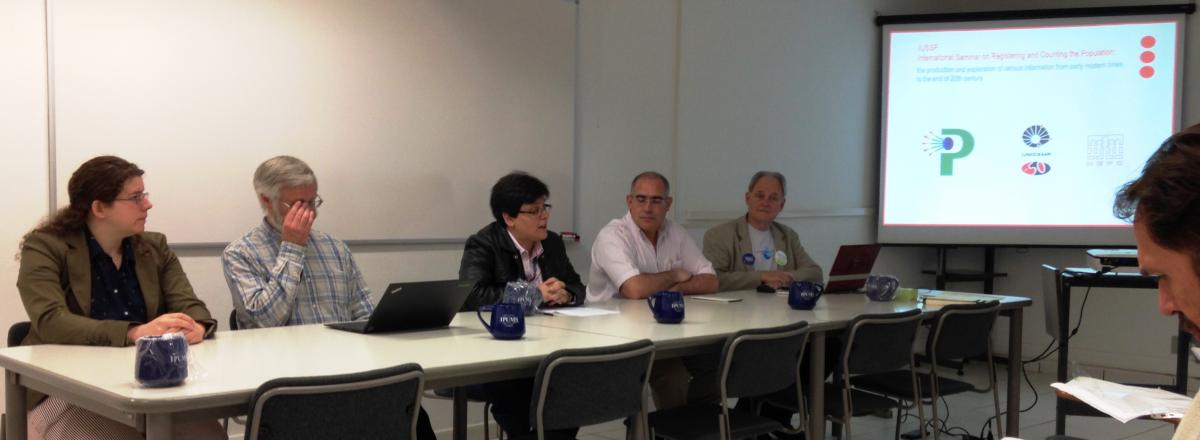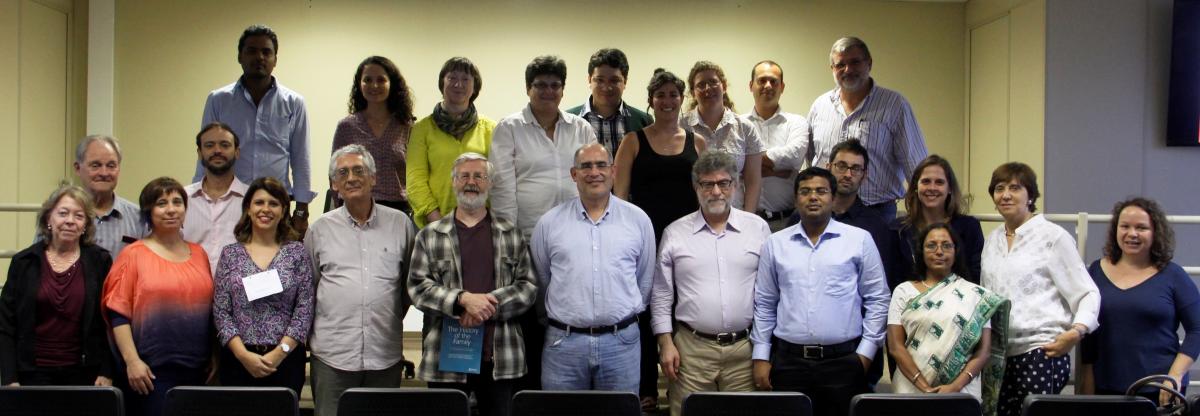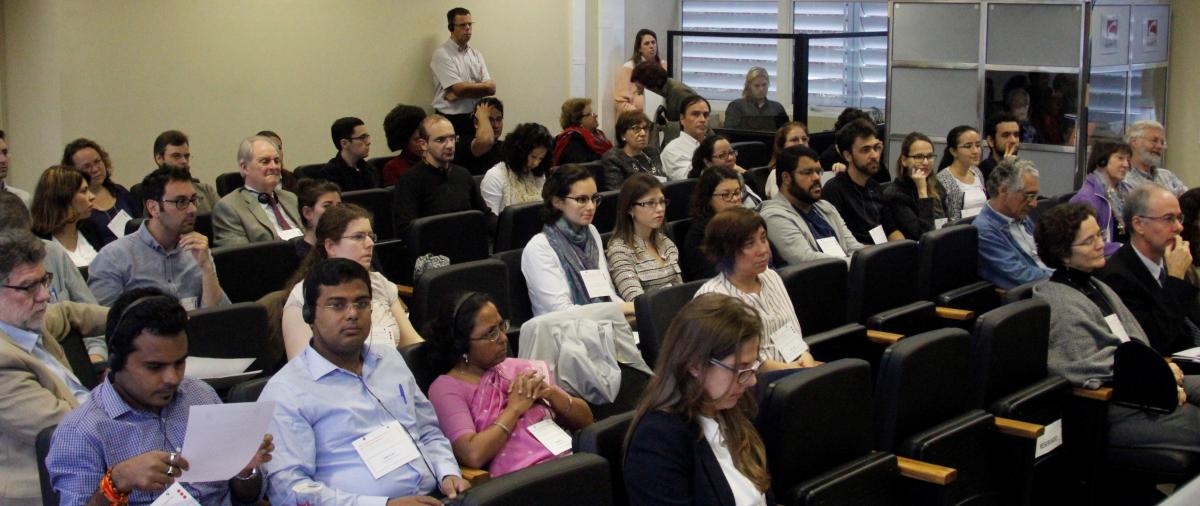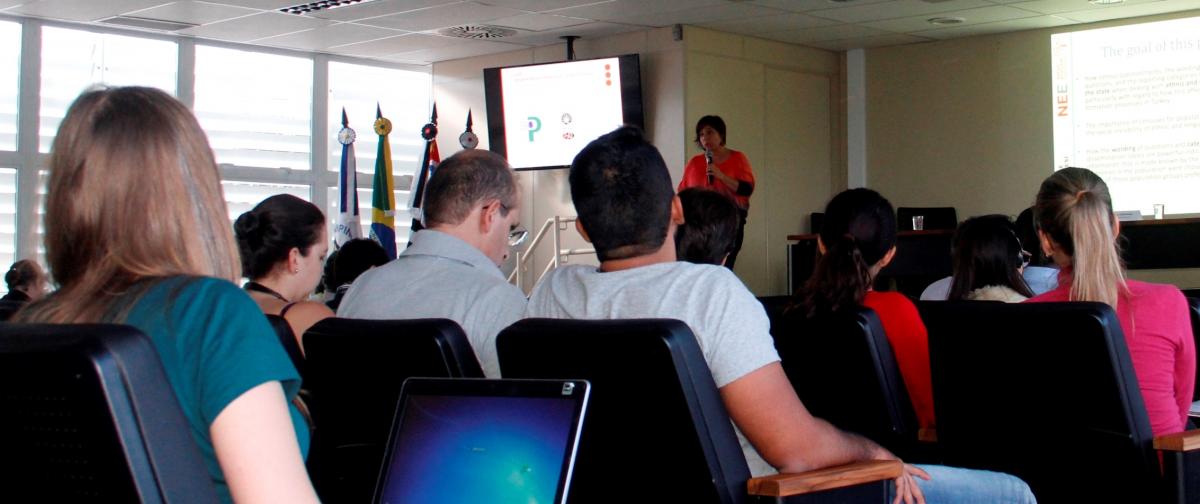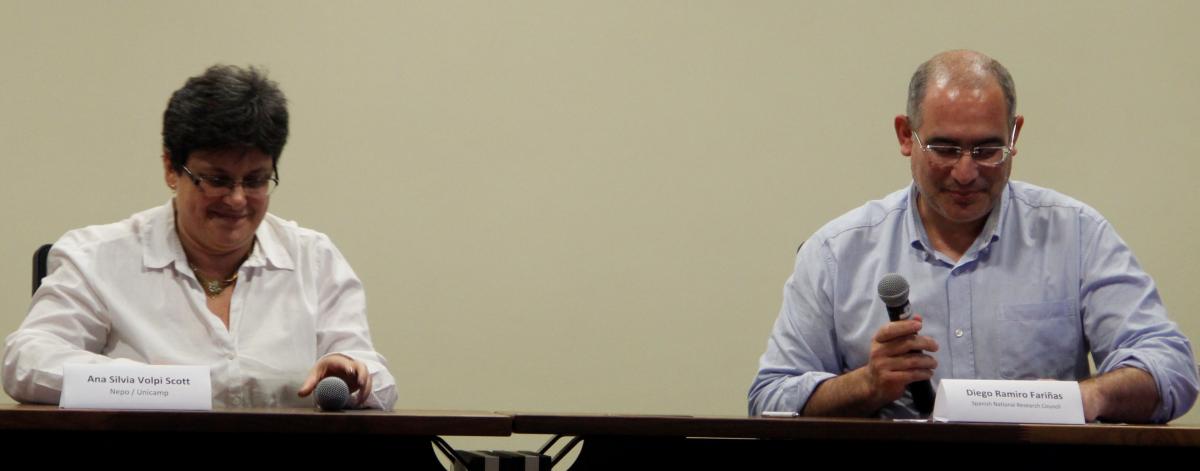IUSSP Seminar on Registering and Counting the Population: the production and exploration of census information from early modern times to the end of the 20th centuryCampinas – São Paulo/ Brazil, 19-21 May 2016 Organized by the IUSSP Scientific Panel on Historical Demography, in collaboration with the Graduate Program in Demography - University of Campinas, the Department of Demography - University of Campinas, the Brazilian Population Studies Association (ABEP) and the Population Studies Center (NEPO). Organizing Committee: Ana Silvia Volpi Scott (University of Campinas), Diego Ramiro Fariñas (Spanish Council for Scientific Research), Maria Silvia Bassanezi ((University of Campinas), Maísa Faleiros da Cunha (University of Campinas).
Concern for registering and counting populations goes back to the ancient world. But it was with the consolidation of national states that demographic-type statistics took on an important role in orienting governmental actions in many different spheres, including taxes, recruiting, legislating and administering. Over the centuries the demands of the State led to diversification and sophistication of procedures for preparing, collecting, systematizing and publishing the data. Likewise, but with different objectives, churches, in the context of the religious reforms in the 16th century, also became concerned with more systematic and efficient control of the lives of their faithful. In some countries, over long periods of time the combined action between State and Church brought about the production of information in series that is being studied today by researchers in historical demography. The sources of such data include vital events and various manners of counting the populations. In this context, the practice arose for governments to carry out general censuses and since then this practice has spread to all continents. The collecting and systematization of census data have become enormously useful for obtaining knowledge about populations, even though many difficulties and challenges still exist today in many countries.
The aim of this seminar was to stimulate the discussion of original research dealing with the process of producing censuses and vital statistics over time and in different places. Topics of interest for this seminar were: Sociopolitical and economic contexts which have generated demands for demographic information; Different processes for producing registers and counting; Quality and scope of population statistics; Possibilities and limitations of data; Methodologies, techniques and possibilities for analysis at the macro/micro levels.
The seminar programme consisted of 21 presentations by demographers and historical demographers, economic and social historians, sociologists and anthropologists from North American, European, Latin American and Asian universities. In addition to the authors, the seminar was attended by some 30 researchers, graduate and undergraduate students in Demography, History and other Social Sciences.
The studies presented were conducted at a variety of geographic scales going from entire countries (or even colonial empire), to regions or cities using data from Argentina, Brazil, Canada, Denmark, France, India, Portugal, Russia, Turkey. Researchers used mostly censuses and vital events information.
The discussion, comments and questions addressed to the presenters mainly pointed out the challenges to improve the quality of censuses in different contexts (Latin America and India); methodological, conceptual and other issues related to techniques and possibilities for analysis of population, with special emphasis on the study of fertility, mortality, as well as the use of census microdata for educational attainment in the case of Latin America. In addition, several papers focused on Brazil, in relation with the potential and limitations of Brazilian data. Finally, it is important to highlight the fruitful exchange between researchers in Historical Demography and Contemporary Demography. As a result, approaches which connect the present to the past reaffirm the role of historical demographers in the investigation agendas of themes related to population, and new opportunities to stimulate this debate must be encouraged.
The Seminar was preceded on 18 May by a one-day training workshop devoted to "Demographic and Statistical analysis with Census and longitudinal Data" organized by the Population Studies Center (NEPO), the Iberian Association of Historical Demography (ADEH) and the IUSSP. Robert McCaa (Minnesota Population Center), Gunnar Thorvaldsen (University of Tromsø) and Bárbara Revuelta Eugercios (Saxo Institute-University of Copenhagen), who were invited for the IUSSP seminar gave courses to the 31 trainees who had registered for the workshop, mainly graduate students in demography and undergraduates in various social sciences. Read also:
Publication Plan: Seminar organizers plan to publish a selection of the seminar papers as a special issue in a peer-reviewed demographic journal.
Funding: Financial support for the meeting was provided by the São Paulo Research Foundation (Fundação de Amparo à Pesquisa do Estado de São Paulo – FAPESP), the National Council for Scientific and Technological Development (Conselho Nacional de Desenvolvimento Científico e Tecnológico – CNPq), the Brazilian Federal Agency for Support and Evaluation of Graduate Education (Coordenação de Aperfeiçoamento de Pessoal de Nível Superior – Capes), and the Brazilian Population Studies Association (Associação Brasileira de Estudos Populacionais – ABEP). |
|

